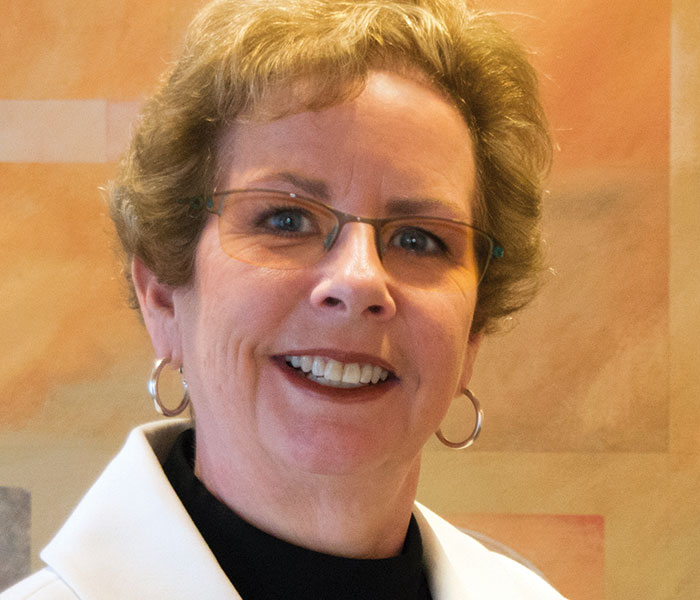Through Early Detection, We Can Impact Cancer Mortality

Earlier in 2017, a group of 12 nurses traveled to Cuba to learn about cancer care and the healthcare system there. Cubans are very proud of their healthcare and educational systems, which are offered without charge to their citizens. We learned so much on this trip, but my take-home message from this experience was the importance of prevention and early detection.
This socialist country spends about 10% of its gross domestic profit on health care (https://www.forbes.com/sites/judystone/2014/12/22/cuba-cost-effective-healthcare/#19dd239d5899), in contrast to the United States’ 17.9%, yet its infant mortality is lower and its life expectancy is the same. We saw firsthand the benefit of more physicians and just as many nurses per capita. Every family has a physician and nurse who lives in their community. These healthcare workers ensure that individuals get their annual checkups as well as immunizations and screenings. People go to their local Polyclinica for screening tests, blood work, dental care, minor procedures, and rehabilitation. Hospitals are reserved for complex needs.
I smiled when the Polyclinica nurse explained with pride that mortality from cervical cancer in Cuba is much better than the rest of the world. She told us, “If someone doesn’t go their screening visit as scheduled, the nurse knocks on their door and brings them for their exam. I keep track of my ladies!”
The family doctor and nurse team are actively involved with inpatient and community management of their patients (http://www.nejm.org/doi/full/10.1056/NEJMp1215226). All discharged patients in Cuba receive daily home visits to ensure a smooth transition of care from hospital to community. Nurses in the local communities know if their patients are not taking their blood pressure medicine, if they’re struggling from side effects of chemotherapy, or are not eating well.
These experiences highlighted to me the advantages of community-centered care and care coordination. Nurses in Cuba take personal pride in promoting health in their communities. Even though the U.S. healthcare system is different, I realized that each day, we have the potential to impact cancer mortality.
Currently, under the Affordable Care Act, cancer screenings are available without a deductible or copay. Yet too many individuals aren’t obtaining the necessary screenings. This is an opportunity for us to take some advice from our Cuban colleagues and facilitate cancer screenings. Take the time to remind patients about screening tests, and assist them to schedule their screening exams.
What if every nurse in the United States, especially every oncology nurse, encouraged their family members, friends, and neighbors to obtain cancer screening according to guidelines? What if we educated those we know about the importance of HPV vaccination? My midyear resolution is that this month, I will talk to 10 people in my community about cancer screening. I hope you’ll join me. Think of the change we could make!
